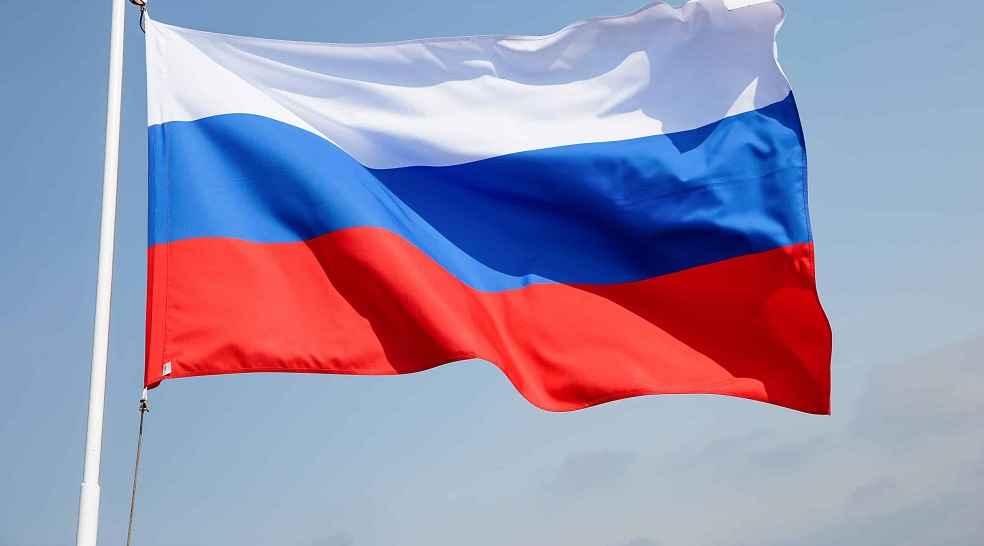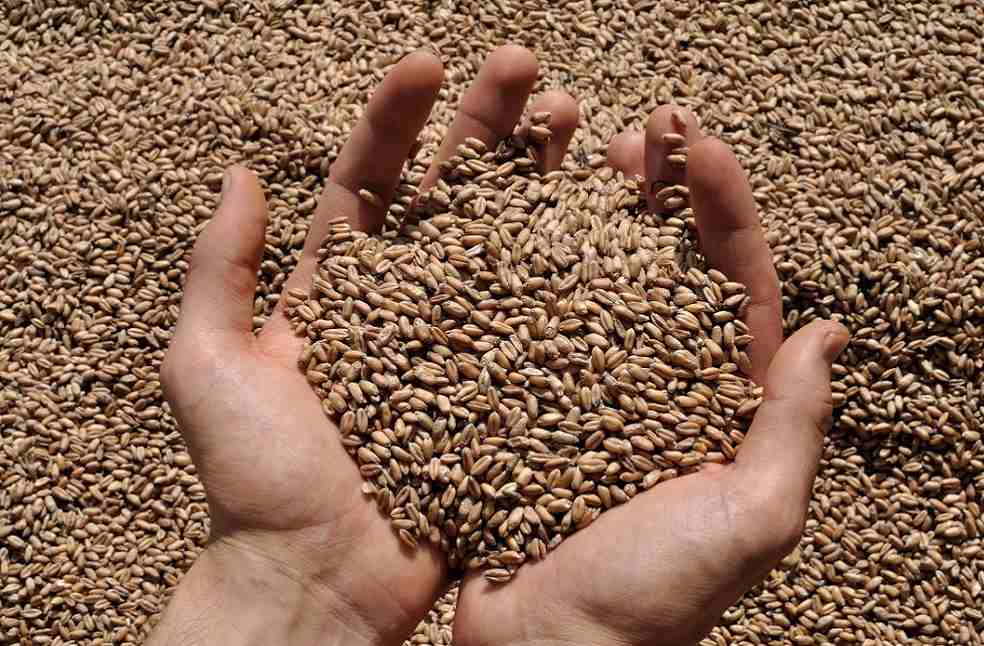Following a recent meeting with exporters, Russia has quietly imposed restrictions on grain exports. Only Russian companies are now allowed to sell grain directly to state buyers, sidelining international dealers unless they hold long-term agreements with Russian firms.
The Grain Exporters and Producers Union, or Rusgrain, representing firms responsible for 80% of Russia’s grain exports, announced this framework. Acting as a channel for the government, Rusgrain’s statements align with the Ministry of Agriculture’s intentions, though the ministry itself has not issued formal regulations.
“They are an association with which the ministry of agriculture has an agreement. They inform the market but do not regulate it. That is, they convey certain decisions made to the market participants,” a government source explained.

International Traders Excluded
The new policy has excluded major global traders from Russia’s wheat market, though the list of approved foreign buyers with agreements remains undisclosed. This lack of official regulation has caused confusion in international grain markets.
“The market has been confused by the many semi-official announcements about export restrictions from Russia, without detailed regulations being published by the authorities,” a European trader said.
Rusgrain’s head, Eduard Zernin, defended the stance of Russian exporters, stating they operate in line with legal standards. He added that Rusgrain would not disclose operational details, citing challenges from international sanctions related to Russia’s actions in Ukraine, which complicate cross-border payments and restrict Russian businesses’ access to international markets.

Tension in International Deals
The impact of these restrictions became evident on October 22, when Bangladesh, a growing buyer of Russian wheat, held an international tender. Two international firms, Agrocorp and SMC Food DMCC, submitted bids on an ‘optional origin’ basis, which could have included Russian wheat. Rusgrain then issued a letter to Russian traders, advising adherence to the new export guidelines, mentioning Agrocorp and SMC Food DMCC as unapproved dealers. This swift response suggests Russia’s intent to enforce the system, despite the lack of formal regulations.
Rusgrain confirmed the contents of this letter to Reuters, indicating Russia’s commitment to these restrictions.
Diplomatic Strain
In addition to the restrictions, Russia has raised export taxes and set an unofficial minimum selling price, which could strain relations with import-dependent countries. Key buyers, including Egypt and other Middle Eastern and African nations, may face higher food costs due to these changes. “The Arab and African buyers have to pay more for their critical food wheat imports (when shipments are restricted),” noted a German trader.
BUSINESS GENERAL | Global Blueberry Booms: Peru Drives Growth Amid Export and Labour Challenges



